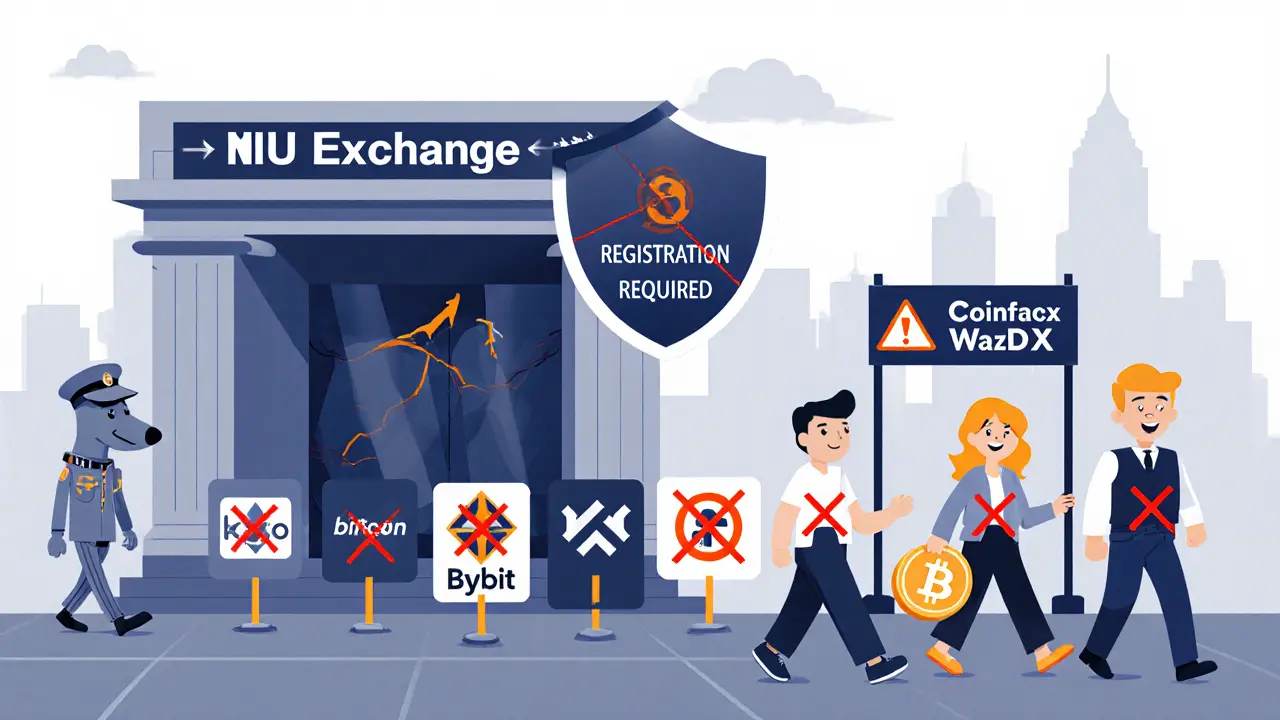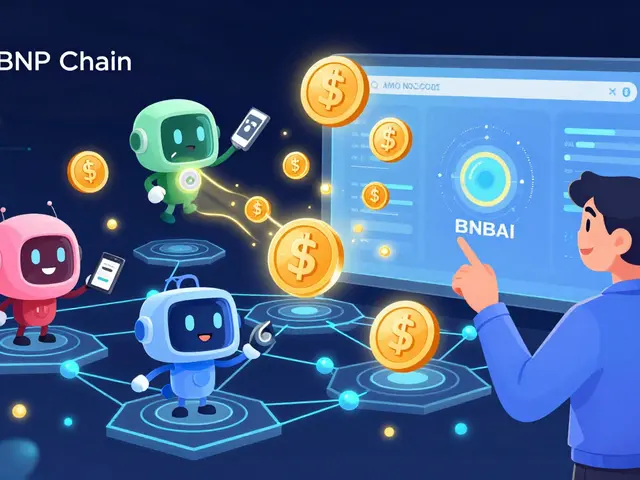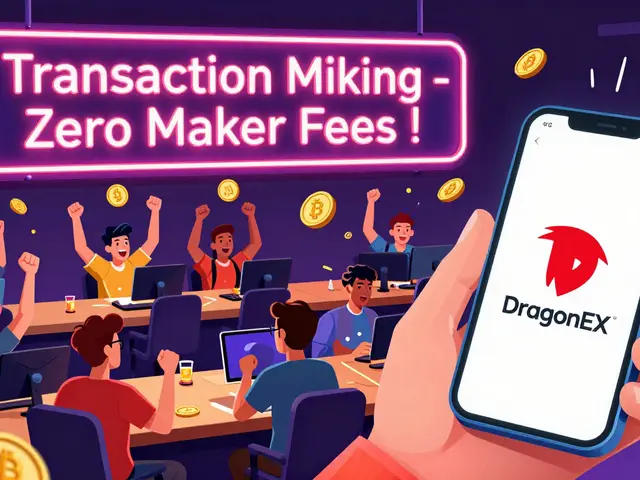Crypto Exchanges Banned in India: What’s Legal, What’s Not
When you hear crypto exchanges banned in India, foreign platforms blocked by Indian authorities for failing to comply with financial reporting rules. Also known as unregistered crypto platforms, these are not illegal because crypto itself is banned — it’s because they refuse to work with the FIU-IND, India’s Financial Intelligence Unit that tracks suspicious crypto transactions.
Many people think India shut down crypto trading. That’s not true. You can still buy, sell, and hold Bitcoin, Ethereum, or any other coin. But if you use a foreign exchange like Binance, KuCoin, or Bybit without verifying your identity through India’s official system, you’re using a platform that’s been blocked. These exchanges either refused to register with FIU-IND or didn’t meet their strict reporting standards. The government didn’t outlaw crypto — it forced exchanges to follow the same rules as banks: know your customer, report large transactions, and keep records. If you’re using an unregistered platform, you’re not breaking crypto laws — you’re breaking financial compliance rules. And if the FIU-IND finds your activity, you could face fines, account freezes, or even legal scrutiny.
The legal ones — like CoinDCX, India’s largest crypto exchange that fully complies with FIU-IND rules, WazirX, a Binance-backed platform that registered under Indian law, and ZebPay, one of the first Indian exchanges to get FIU-IND approval — are safe to use. They collect your ID, track your trades, and report to authorities. You lose some privacy, but you gain legal protection. If your funds get frozen or hacked on one of these platforms, you have a path to complain. On a banned exchange? You’re on your own.
Why does this matter? Because the Indian government isn’t trying to stop crypto. It’s trying to control it. The goal is to prevent money laundering, tax evasion, and fraud — not to kill innovation. That’s why you’ll see more local exchanges popping up, and why global ones like Binance India are rebranding to fit local rules. If you’re trading crypto in India, you’re not choosing between legality and freedom — you’re choosing between compliance and risk. The banned exchanges aren’t evil. They’re just not playing by India’s rules. And right now, those rules are non-negotiable.
Below, you’ll find real reviews of platforms that got blocked, what happened to users, how the FIU-IND enforces its rules, and which Indian exchanges actually work without headaches. No theory. No fluff. Just what’s happening on the ground — and what you need to know before you trade.






